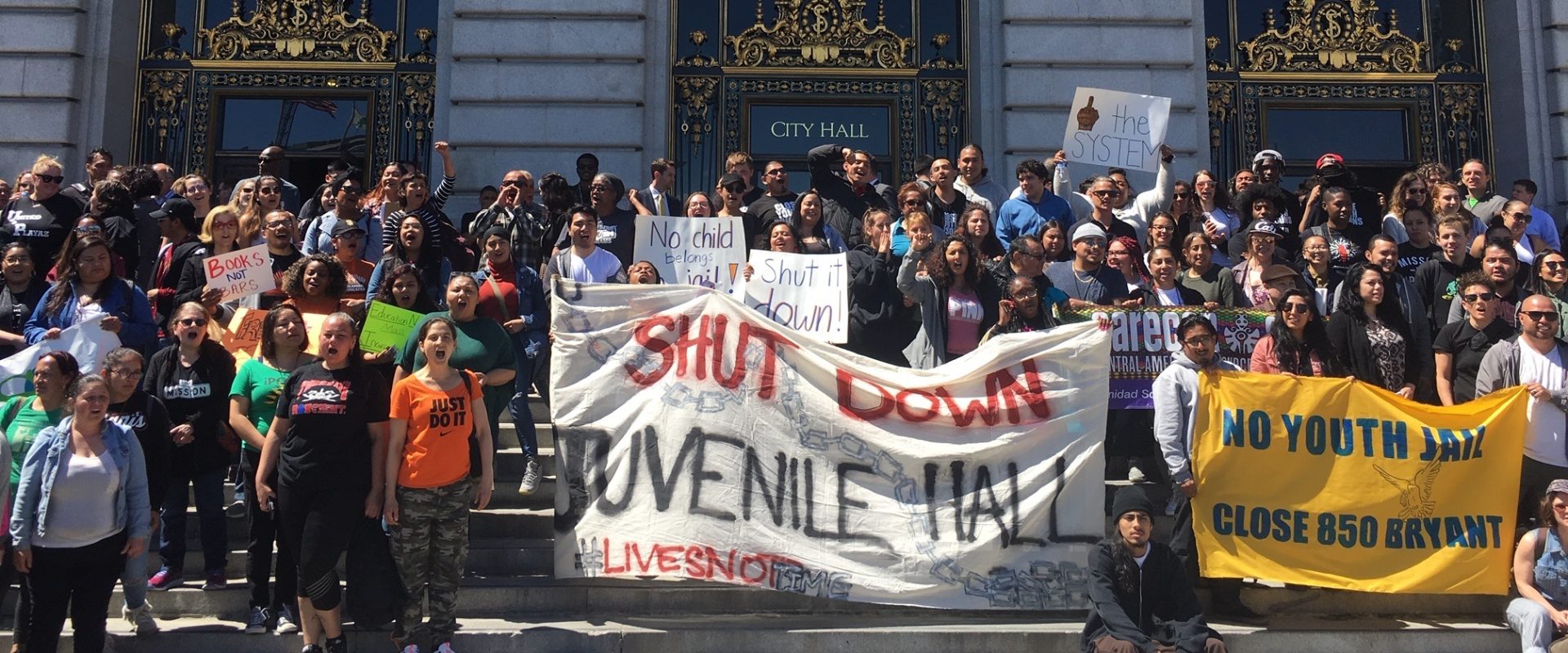While Texas and Missouri continue to make steady, substantial steps towards juvenile justice realignment (as mentioned recently by CJCJ), California seems mired in a state of indecision. Though acknowledging the need for wholesale reform, the state lacks the political commitment to implement the policy changes necessary to accomplish it. In 2011 – 2012, Governor Brown proposed full-scale juvenile justice realignment with support from the Little Hoover Commission, the Legislative Analysts…
There is a shift taking place in the landscape of California’s juvenile justice system. In an effort to move away from a punitive model which has historically framed youth involved in the juvenile justice system as a liability, a new framework has emerged. Traditionally, juvenile justice has been rooted in a deficit based approach that focuses on addressing the youth’s problem behaviors such as poor decision making or addiction. By placing emphasis on the acts of delinquency alone,…
Blog Oct 25, 2012
Texas juvenile justice community solutions
Texas continues to break new ground with pioneering county-based solutions to serving justice-involved youth. In addition to the promising state-level reforms CJCJ blogged on last week, a new report details how Texas counties are proving to be effective incubators of innovation. The report, released last week by the Texas Criminal Justice Coalition (TCJC), highlights the model practices of 12 Texas counties and provides fiscal and political recommendations that would enable all counties to…
Blog Oct 23, 2012
No on Prop. 35: The wrong tool for a good cause
Proposition 35, the Californians Against Sexual Exploitation Act (CASE) aims to address the increasing prevalence and public concern regarding human trafficking in California, specifically as it relates to the sexual exploitation of children. It proposes to do this by greatly increasing the existing sentences and penalties for trafficking offenses, and expands sex offender registration laws, including new mandates to report email addresses and internet usernames. Prop. 35 would also broaden…
A new report shows that Texas has proceeded on a similar track as California in its statewide efforts to reform its juvenile justice systems yet with superior results, specifically in the state’s community-based models run by counties. As in California, the Texas state-managed facilities were plagued with scandals for years, with independent investigations revealing extensive physical and sexual abuse of youth wards in the Texas Youth Commission (TYC). The incarcerated youth population…
